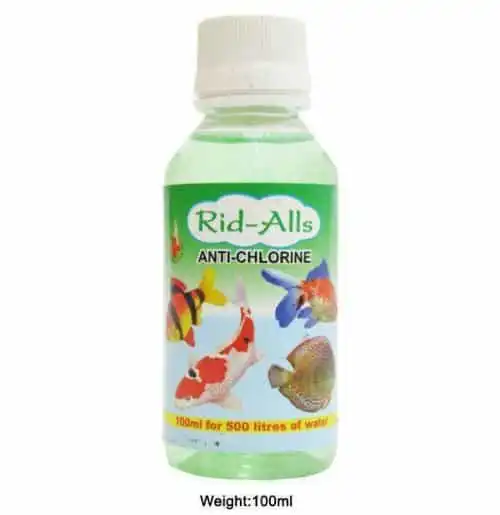Hard water is a common problem faced by aquarists in North India due to the high mineral content present in the tap water. Hard water can cause several issues in an aquarium, such as cloudy water, difficulty maintaining proper pH levels, and increased stress on fish. In this guide, we will discuss the causes, symptoms, and solutions for managing hard water in North Indian aquariums to ensure a healthier environment for your fish.
Causes of Hard Water:
Hard water is characterized by a high concentration of minerals such as calcium, magnesium, and bicarbonate ions. In North India, the water is often hard due to the presence of limestone and chalk deposits in the soil. Other factors that can contribute to hard water include the use of well water, living in an area with a high mineral content in the groundwater, and the addition of tap water without proper filtration or conditioning.
Symptoms of Hard Water:
The symptoms of hard water in an aquarium can vary depending on the severity of the problem. Some common signs to look out for include:
- Cloudy water - Hard water contains more dissolved minerals than soft water, which can cause cloudiness and make it difficult to see your fish.
- Difficulty maintaining pH levels - Fish require specific pH levels to thrive, and hard water can make it challenging to maintain the correct pH for some species.
- Poor growth and coloration - Hard water can affect the health of your fish, leading to poor growth, dull colors, and lethargic behavior.
- Buildup of minerals - Over time, hard water can cause a buildup of minerals on the glass, decorations, and equipment in your aquarium.
- Increased stress on fish - High levels of minerals in the water can increase the stress on fish, making them more susceptible to diseases and other health issues.
Solutions for Managing Hard Water:
Fortunately, there are several solutions available for managing hard water in North Indian aquariums. Some options include:
- Water conditioner - A water conditioner can help to neutralize the minerals in hard water, making it safer for your fish. Look for a product that specifically targets hard water and is suitable for your specific species of fish.
- Reverse osmosis (RO) system - An RO system uses a semipermeable membrane to filter out minerals from the water, resulting in soft water. This can be an effective solution for maintaining a healthy aquarium in areas with hard water.
- Deionization (DI) resin - DI resin is a type of filtration media that removes minerals from the water by exchanging them with hydrogen and hydroxide ions. This can help to reduce the hardness of the water in your aquarium.
- pH buffer - A pH buffer can help to maintain the correct pH levels in your aquarium, even if you are using hard water. Look for a product that is suitable for your specific species of fish and water conditions.
- Regular water changes - Regular water changes can help to dilute the minerals in the water, reducing the overall hardness. Be sure to use conditioned or demineralized water when performing water changes.
In conclusion, managing hard water in North Indian aquariums is essential for maintaining a healthy environment for your fish. By understanding the causes, symptoms, and solutions for hard water, you can take steps to ensure that your fish remain happy and thrive. Whether you choose to use a water conditioner, RO system, DI resin, pH buffer, or regular water changes, be sure to research the best option for your specific species of fish and water conditions. With the right approach, you can maintain a beautiful and healthy aquarium in North India, even with hard water.

